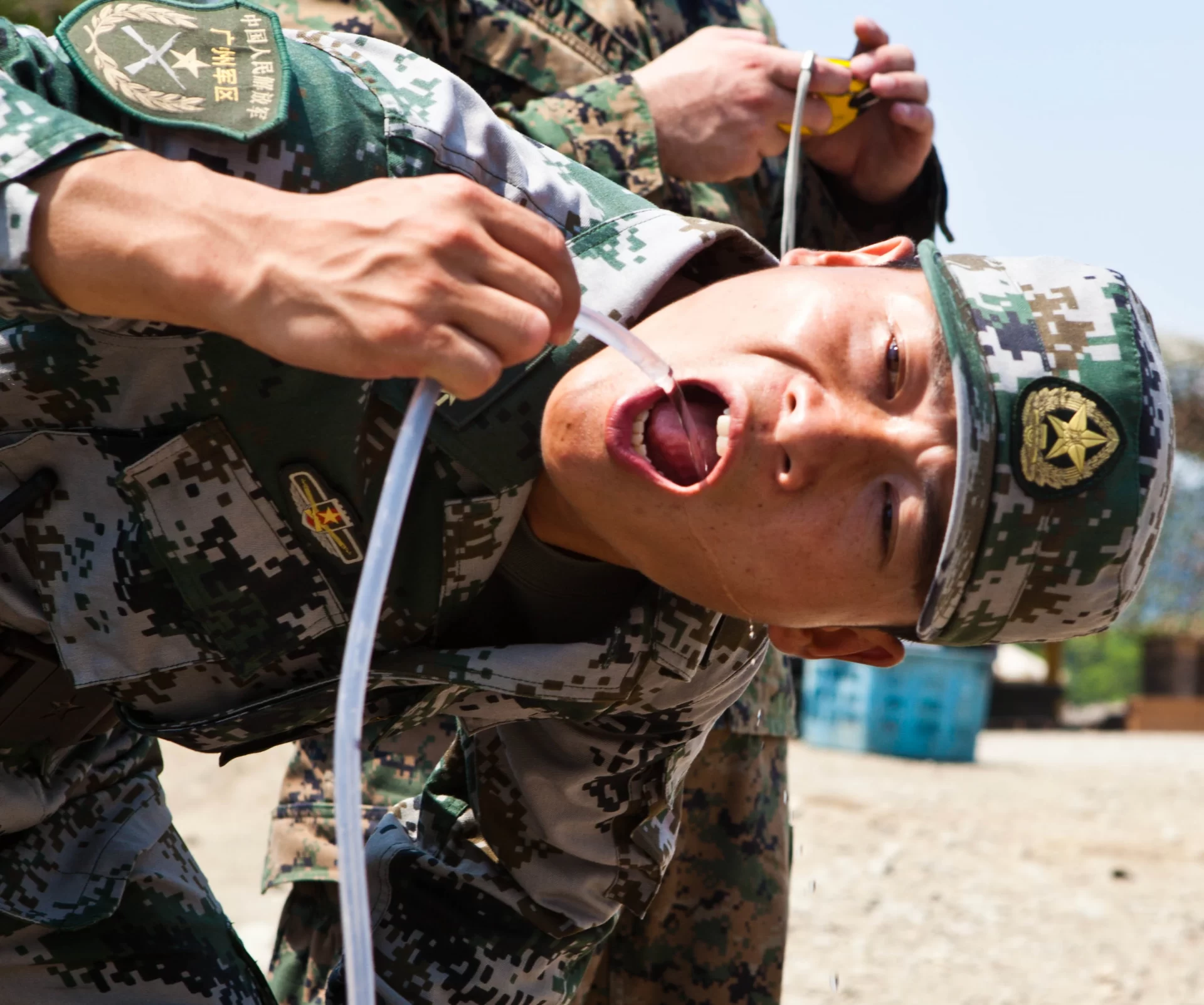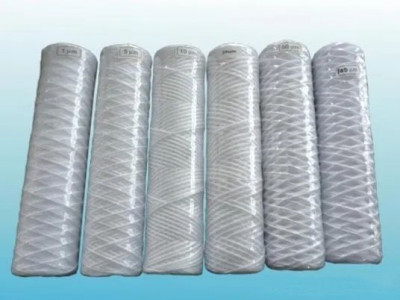Types of Military Water Treatment Systems
Reverse Osmosis Systems
Reverse osmosis (RO) systems play a crucial role in military water treatment. These advanced filtration systems are designed to remove impurities and contaminants from water, making it safe for consumption in even the most challenging environments. With their high efficiency and effectiveness, reverse osmosis systems have become an essential component of military operations.
The principle behind reverse osmosis is simple yet highly effective. By applying pressure to a solution, such as seawater or brackish water, through a semi-permeable membrane, contaminants are separated from the pure water molecules. The result is clean and potable water that meets the stringent standards required by the military.
One of the main advantages of reverse osmosis systems is their ability to remove a wide range of contaminants. This includes bacteria, viruses, salts, heavy metals, and other harmful substances that may be present in natural water sources. By utilizing multiple filtration stages, RO systems ensure that the final product is free from impurities and safe for consumption.
In addition to their exceptional purification capabilities, reverse osmosis systems offer several other benefits that make them ideal for military applications. Portability and compactness are key features of these systems, allowing for easy deployment in various operational scenarios. Whether it’s in remote locations or on forward operating bases, RO units can be quickly set up and provide reliable access to clean drinking water.
Reliability and durability are also critical factors when considering military water treatment systems. Reverse osmosis units are built to withstand harsh conditions and demanding usage typical of military operations. They are designed with robust materials and components that can endure extreme temperatures, rough handling, and continuous operation without compromising performance.
Furthermore, reverse osmosis systems require minimal maintenance once installed properly. Routine checks and occasional replacement of consumables ensure long-term functionality without significant downtime or disruption to operations.
UV Disinfection Systems in Military Water Treatment
UV disinfection systems play a crucial role in military water treatment, ensuring the provision of safe and potable water for military personnel in various operational scenarios. These systems utilize ultraviolet (UV) light to eliminate harmful microorganisms and pathogens from water sources, making it suitable for consumption.
The principle behind UV disinfection is based on the fact that UV light at specific wavelengths can penetrate the cell walls of microorganisms and disrupt their DNA structure, rendering them unable to replicate or cause infection. This process effectively neutralizes a wide range of bacteria, viruses, and parasites that may be present in untreated water.
One of the key advantages of UV disinfection systems is their ability to provide rapid and continuous treatment without the need for chemicals or complex filtration processes. Unlike traditional methods such as chlorination, UV disinfection does not introduce any taste or odor to the treated water, making it more palatable for military personnel in challenging environments.
These systems are designed to be compact and portable, allowing them to be easily deployed in various military operations. They can be integrated into mobile units or carried by individual soldiers, providing immediate access to safe drinking water even in remote locations or during tactical deployments. The portability of UV disinfection systems ensures that military personnel can maintain hydration and hygiene standards without relying on external water sources.
Furthermore, UV disinfection systems are highly efficient and effective in treating large volumes of water within short time frames. They can handle high flow rates while maintaining consistent disinfection levels, enabling rapid deployment and response during emergency situations or disaster relief efforts. The reliability of these systems ensures that military personnel have a continuous supply of clean water, reducing the risk of waterborne diseases and maintaining operational readiness.
Portable Filtration Units
Portable filtration units are an essential component of military water treatment systems. These compact and versatile devices play a crucial role in providing clean and safe drinking water to military personnel in various operational environments. Designed to be easily transportable, these units offer a practical solution for water purification needs in the field.
One of the key advantages of portable filtration units is their ability to remove impurities and contaminants from untreated water sources. Whether it’s surface water from rivers or lakes, or groundwater from wells, these units are equipped with advanced filtration technology that effectively removes bacteria, viruses, sediment, and other harmful substances. This ensures that military personnel have access to potable water even in remote and challenging locations.
The compactness of portable filtration units makes them highly suitable for deployment in different situations. They can be easily transported by foot soldiers or mounted on vehicles for rapid response operations. Their lightweight design enables quick setup and dismantling, allowing military personnel to establish clean water supply points efficiently.
In addition to their portability, these filtration units boast impressive efficiency and effectiveness in purifying large volumes of water. Equipped with high-performance filters, they can process significant amounts of water per hour, making them ideal for supporting large teams during field operations or disaster relief efforts.
Another notable feature of portable filtration units is their durability and reliability. Constructed using robust materials and designed to withstand harsh conditions, these units can operate effectively even in extreme temperatures or challenging terrains. This ensures uninterrupted access to clean drinking water for military personnel stationed in remote locations or forward operating bases.




